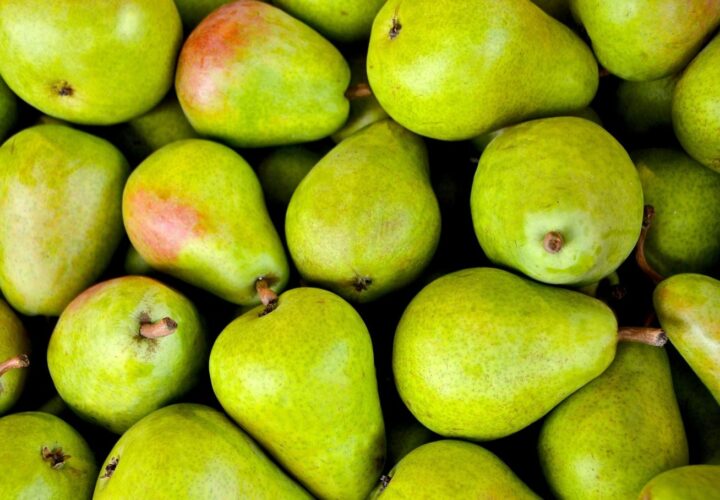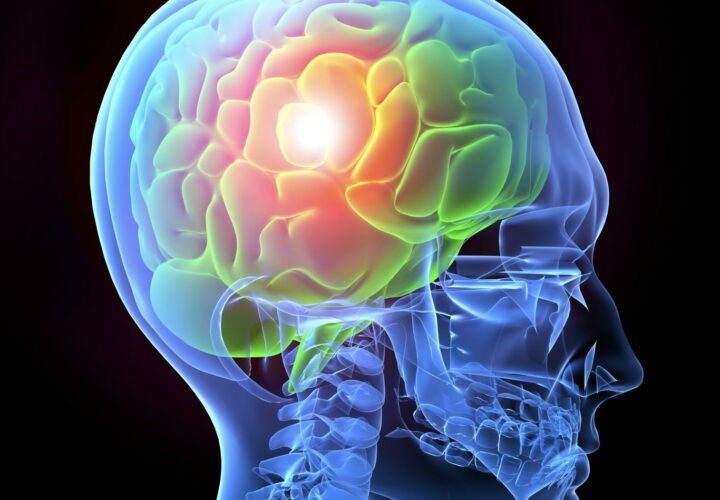Looking for foods to help prevent Alzheimer's? Add this study on berries and flavonoids to your reading list.
Mounting evidence indicates that a regular bowl of berries and a cup of tea is good for our health. Newer research also suggests that they may even help protect the brain against Alzheimer’s. The researchers of a 2020 study found that those who consume plenty of flavonoid — a chemical found in many fruits and vegetables, along with tea and wine — were much less likely to develop the neurodegenerative disease. In fact, participants who lacked this certain kind of metabolite in their diet were twice to four times more likely to develop Alzheimer’s disease and related dementias.
“Our data looking at dietary patterns and Alzheimer’s disease — in light of other data as well — reinforces the fact that eating a healthy diet may have tremendous benefits in Alzheimer’s,” said Paul Jacques, a nutritional epidemiologist at the USDA Human Nutrition Research Center on Aging at Tufts University and an author of the study, which was published in The American Journal of Clinical Nutrition.
Jacques and fellow researchers examined about 2,800 people who were aged 50 and older. Following their diets for an average of almost 20 years, the scientists analyzed the flavonoid content of their foods and divided participants into two groups: Those with low consumption of flavonoid who ate no berries, tea and just over an apple in a month, and participants with high consumption who ate about seven and a half cups of berries, eight apples or pears, and 19 cups of tea per month.
“These were observational data so you have to understand the many caveats,” Jacques said. But accounting for variables such as other nutrients, lifestyle factors and overall diet quality, he said the relationship between flavonoids and the reduced risk for developing Alzheimer’s remained strong. People with a low intake of flavonoids — particularly flavonols and flavonoid polymers, which are types of flavonoid found in apples, pears and tea — were two times more likely to have Alzheimer’s disease and other forms of dementia.
Those who consumed less of a flavonoid called anthocyanin — found in blueberries, strawberries and red wine — were four times more likely to develop the debilitating conditions.
“Hang on: Are you saying that if I eat enough berries, I won’t develop dementia?”
Let’s be clear: Every dietary study on Alzheimer’s and dementia risk needs to be taken with, ahem, a grain of salt. That’s because there’s still a lot we don’t know about neurodegenerative diseases like Alzheimer’s — including what actually causes it. And studying something like a person’s diet over years or decades is complicated: There are many, many other lifestyle factors that cloud scientists’ view of what eating a specific food, ingredient, or nutrient might have on the brain.
In 2022, a Nutrition for Dementia Prevention Working Group made up of 27 leading researchers in the Alzheimer’s and dementia field laid out recommendations to help solidify the science around the relationship between nutritional diets and lower dementia risk. The group’s guidelines were published in The Lancet Health Longevity, where the authors also highlight the limitations of existing research.
“Many trials have not found that making people eat healthy or exercise is translating into benefits in the ways that is expected from the epidemiological research,” said Dr. Hussein Yassine, associate professor of medicine and neurology at the Keck School of Medicine of USC, said. “That means either there is no causal connection, or that these studies have not been properly designed.”
The researchers involved in creating these guidelines spent two years looking at the vast body of evidence linking nutrition and dementia risk. The results of nutritional research, they found, are not always straightforward. For example, it is known that a Mediterranean-style diet is healthy and that study participants who adhere to this diet are less likely to develop Alzheimer’s or other forms of dementia. But is the diet itself the protector? Or are there other factors at work behind the scenes?
“OK, so now you’re telling me berries don’t prevent dementia?”
Here’s the bottom line for brain health: What we can conclude is that the study about flavonoids and berries and their impact on brain health is good data — and it warrants more investigation. Overall, the study is part of the growing body of research that highlights the importance of diet in maintaining our brain health. A low-carb diet, commonly referred to as the ketogenic diet, may also slow down the early signs of aging in the brain. The Mediterranean diet, which is high in flavonoids and consists of fish, olive oil and vegetables, may reduce people’s risk of cognitive impairment, a hallmark of Alzheimer’s. And while flavonoids have received much attention in the past 10 years, Jacques said their link to Alzheimer’s was unclear as past studies have yielded mixed results.
Meanwhile, researchers are still trying to figure out why flavonoids in particular may improve our brain health. Past findings suggest that they protect neurons against stress and suppress inflammation in the brain, which is closely linked to dementia. Scientists also found that flavonoids may increase brain blood flow and encourage the formation of new neurons, improving memory, learning and cognition.
Previous research has also found that cocoa, apples, tea and other flavonoid-rich foods may lower blood pressure and improve cardiovascular health. And, there are promising findings that flavonoids may be beneficial for memory, attention and executive function.
But whether flavonoids can cure or prevent Alzheimer’s by staving it off for the course of one’s life remains an unanswered question. According to Jacques, it’s nearly impossible to conduct any long-term controlled trials to examine the link as researchers would have to prohibit participants in a controlled group from eating flavonoids for up to 20 years.
The team of scientists are now examining whether vitamin B may reduce people’s chances of developing dementia. For future research, the team hopes to assess how certain nutrients in healthy diets like the Mediterranean diet may influence early cognitive changes.




